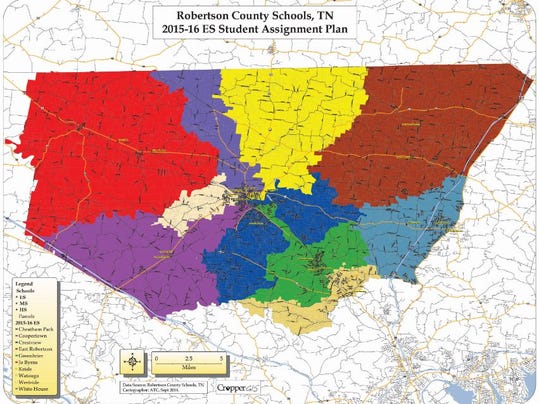Workers’ Compensation and Pension Benefits
If you receive both workers’ compensation benefits and pension benefits, it’s likely that your employer began reducing your compensation benefits when you started receiving pension benefits. If so, it’s entirely possible that your employer has been taking MORE of a credit than it is entitled to take under the law.
The Workers’ Compensation Act allows an employer to reduce an injured workers’ compensation benefits against pension benefits, to the extent that the workers’ pension benefits were funded by the employer. Most injured workers learn that their employer plans to offset workers’ compensation benefits when they receive a “Notice of Workers’ Compensation Benefit Offset” form in the mail. In many cases, the employer fails to fully explain how it calculated the offset; or, the calculations, if provided, may seem remarkably complex. As a result, many injured workers simply accept their employers’ representations regarding the amount of the offset.
For many years, the attorneys at Abes Baumann have aggressively fought efforts by employers to reduce our clients benefits based on pension payments. When an injured worker chooses to challenge a “Notice of Workers’ Compensation Benefit Offset” form, the employer bears the burden of proving the extent to which the employer funded the pension. If the employer is unable to convince the Workers’ Compensation Judge (WCJ) that it funded a specific portion of the pension, the WCJ can disallow ANY reduction. Even if the Judge allows some reduction, the WCJ has the ability to determine whether or not the amount of the reduction claimed by the employer is accurate.
We are currently litigating several cases involving former employees of the State of Pennsylvania who are currently receiving pension benefits through the State Employee’s Retirement System (SERS). We believe that SERS has miscalculated the reduction and, as a result, the State of Pennsylvania has taken a larger reduction than that to which it is entitled. We also believe that SERS has applied the same, flawed, method of calculation in many other cases.
If you are an injured worker whose workers’ compensation has been reduced because of pension benefits, please contact our firm. We can determine whether or not your employer is entitled to an reduction and, if so, whether or not the amount is correct.

